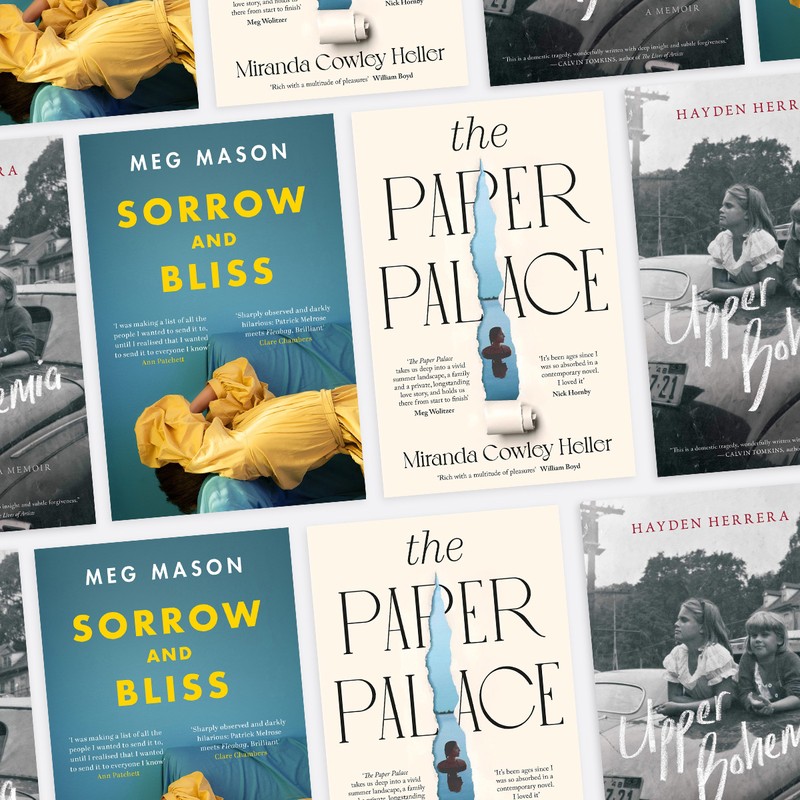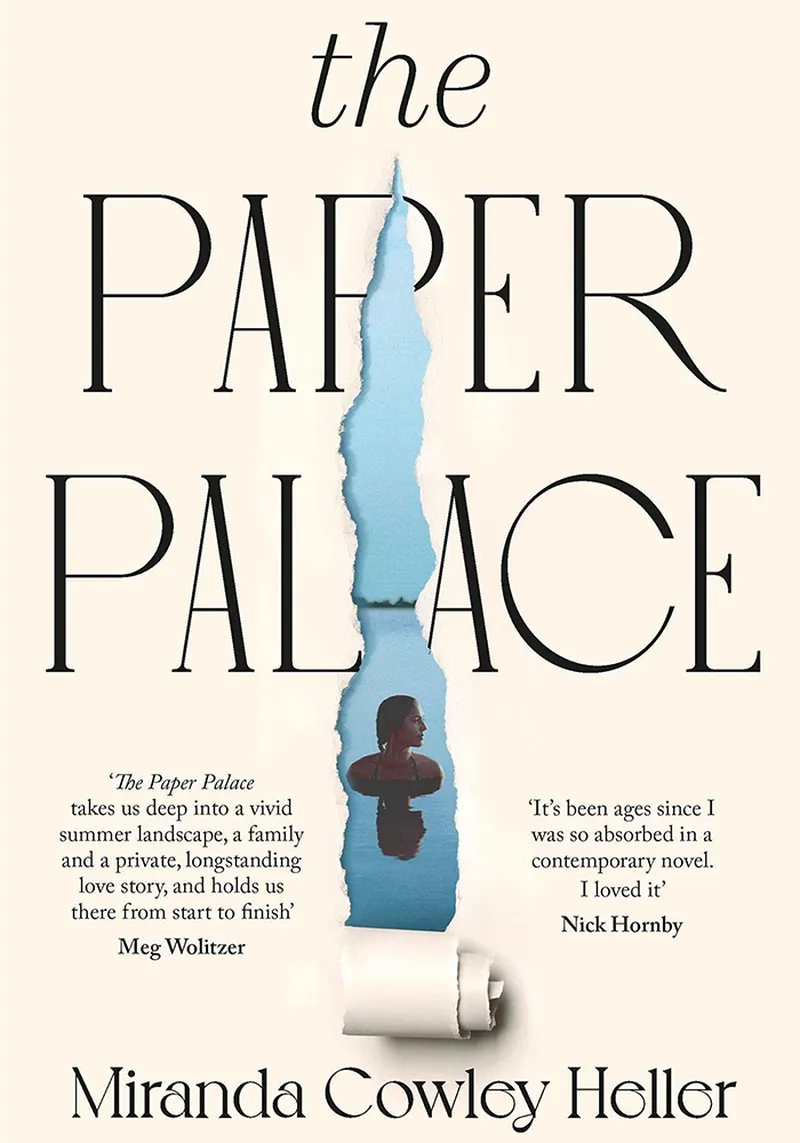My Life In Books: Miranda Cowley Heller
The Paper Palace came out in lockdown, so my whole book tour happened on Zoom. It was exhausting, because I was on Cape Cod – where the book is set – and it was boiling hot. The only place I had wi-fi was in a cabin with no air conditioning, so I would just go in there every day and think, “I know I'm sweating on screen,” but I got through it.
Publishing the book was a dream come true. It was number one on the New York Times bestseller list. It felt insane. Now, the paperback is launching in the UK and US and then all the foreign editions will drop one by one – there's something like 30 now. It feels incredible.
I thought the ending of the book was completely clear. In fact, I believed I’d made it overly clear. But when it came out, everybody was like, “Who does she end up with? The ending’s so frustrating!” Then I realised it scans differently depending where you put the emphasis – sort of like poetry – and I realised I was hearing it in my head one way, but other people heard it another way. I love that. It ended up being a really interesting conversation.
Right now, I'm rereading my aunt's memoir, Upper Bohemia, which also came out last summer and has a lot of crossover with my novel. She’s called Hayden Herrera and her book is set in the same place as mine, but during her childhood in the 1950s, so it’s fascinating.
I come from a family of writers and novelists. That was probably a reason not to become writer myself, but I really love storytelling. I had no idea what this book was going to be – from one day to the next I had no outline, no plot, no nothing. It just kind of came out. A book that really impacted me when I was thinking about writing it was Ali Smith’s Autumn, which felt like it was like giving me the freedom to go wherever I wanted to with it.
I’ve been catching up on lots of books, because I didn't really read when I was writing the novel. Way behind everyone else, I’m reading A Gentleman in Moscow by Amor Towles and several other books everyone’s been talking about over the last couple of years. I also caught up on the third Sally Rooney book, Beautiful World, Where Are You. I loved Tides by Sara Freeman. It's almost a novella, so nice and quick and I was blown away by it. Another I’ve read recently is Vladimir by Julia May Jonas. She’s a professor at Skidmore College in New York and the novel is set in that world of academia. I also loved The Invisible Life of Addie LaRue. It’s about a woman who can’t die, but she’s not a vampire and nobody remembers her. It's such a rich novel.
I love to revisit classics and old favourites. I reread Sense and Sensibility recently and I couldn't believe how subversive and modern it seemed, which you don't usually expect with Jane Austen. Then I went back to Middlemarch and started realising these women are really bitchy in what they don't say. I'm very interested in that dynamic as a writer – by what’s left unsaid.
Three books were very important to me as a child. One was Mary Reynolds’s The King Must Die, which was set in the world of Greek legend Theseus. I loved seeing ancient history being brought back to life. I’m actually quite influenced by children's books, and especially those by the author Joan Aiken. She wrote an incredible trilogy for tweens. The first was called The Wolves of Willoughby Chase – it was all politics and set in Britain, but it strangely affected me as a child. I also loved The Lord of the Rings. I would reread these same books over again – they became a comfort for me.
Lizzie Bennet is probably my favourite literary character. In terms of male characters, it’s embarrassing, but I would probably say Aragorn (Strider) from The Lord of the Rings. I wanted to name our son Strider but my husband said absolutely not!
Recently, I’ve been dipping into a lot of non-fiction. I'm reading a book right now by an author called John Pomfret who is a specialist on China and Russia, and he wrote this very cool novel called From Warsaw With Love. I also loved Man With A Blue Scarf. It’s about sitting for the painter Lucien Freud and offers a real insight into the lives of his muses.
One of the best books I’ve ever read is All The Light We Cannot See. When I got to the end of it, I went back and rewrote a whole chunk of my own book because I was so taken with the metaphor and how I had misunderstood it until I got to the end. It was so powerful.
Some of my favourite authors are Barbara Kingsolver – The Poisonwood Bible is probably one of my all-time favourites – and Jim Salter. I love stories that take place in between the lines, but I also just love a big story with a concrete beginning, middle and end.
My bedside table is terrifying – it's just piles of books. When I was longlisted for the 2022 Women's Prize for Fiction, I bought every one of them on the list that I hadn’t yet read. My highlight so far is Sorrow and Bliss by Meg Mason, which was wonderful.
Being head of drama at HBO definitely helped me write relatable dialogue. When you read a lot of scripts, you realise the only thing on the page is the dialogue and people don't always speak directly to one another. People also speak over each other, or repeat themselves without realising it, or copy what someone else said a few minutes before. That was the thing I osmosed from the HBO years, without realising it. I also see the story unfolding in front of me very visually – like a film. But as a former editor, book section editor and ghost-writer, I think I brought a lot to HBO. Think of The Sopranos – it's almost more like a novel – it’s huge, just like The Wire. They’re both these big stories with intense narratives. I love that type of storytelling.
The adaptation of Normal People was brilliant. I was blown away by it and it was so brave of Hulu to allow it to be what it was. I also have a real soft spot for the Colin Firth version of Pride and Prejudice and even Bridget Jones's Diary. I loved About A Boy because I love Nick Hornby, and then there’s the BBC adaptation of Wolf Hall – totally genius.
I’m really excited about HBO's mini-series of The Paper Palace. As a story, it’s a hard one to crack because of the way it's told. As an adaptation, you have to change stuff and reinterpret it, and that's an intense thing to do as a writer.
I tend to read either in bed or outside. Since I live in California most of the time, I really like sitting on the porch and curling up with a book. Sometimes it feels good, other times it feels like a guilty pleasure, but the experience of being in a big armchair with a good lamp and a nice fire… I love it.
Daunt Books is one of my favourite places in the world. I have a house in Hampstead which I’ve lived in for half of the year for the last 30 years, and there’s one just down the street. I like the people who work there – they’re so into what they do and are so well read. It’s best when people have actually read the books and can talk intelligently about any of them.
What’s next? I've gone back to writing poetry for a bit as I feel like it frees me up to come up with different ideas. It sort of cleanses my brain. I've been poking at things I've started, and I have bits and pieces of an idea for a new book, too. What I'm working on right now is between a mother and a daughter– but who knows, I might toss it in the bin. I hope there will be another novel. I don't think it will be a sequel to The Paper Palace, although I constantly get asked – people are desperate to know how it panned out and what's going to happen next. I tell them the problem with that is it will turn out that within a year, the two of them will be squabbling about toilet paper!
Inspired? Shop Miranda’s Top Picks Below…
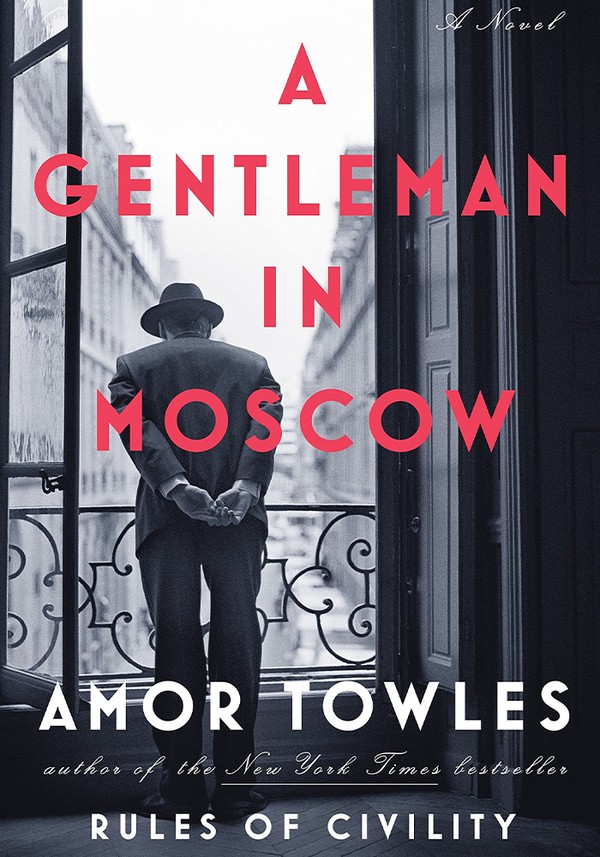
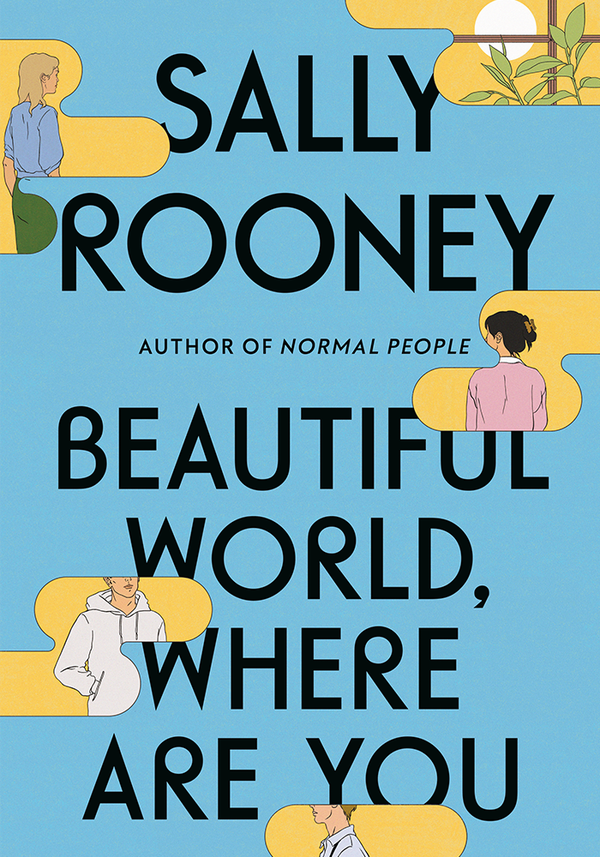
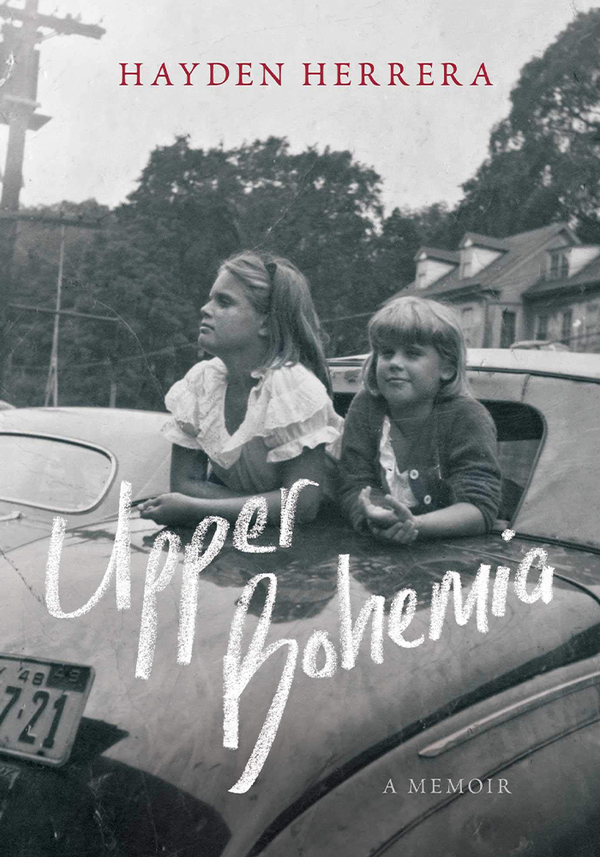
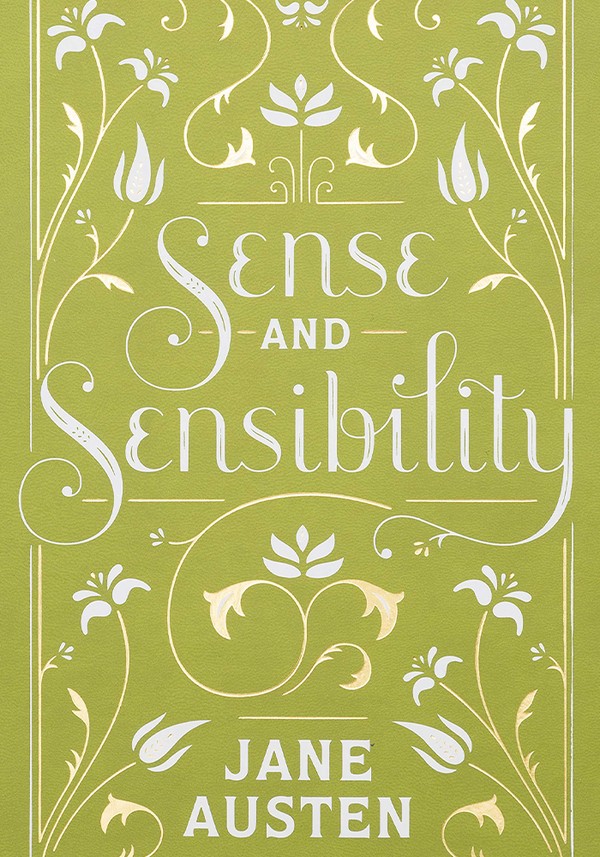
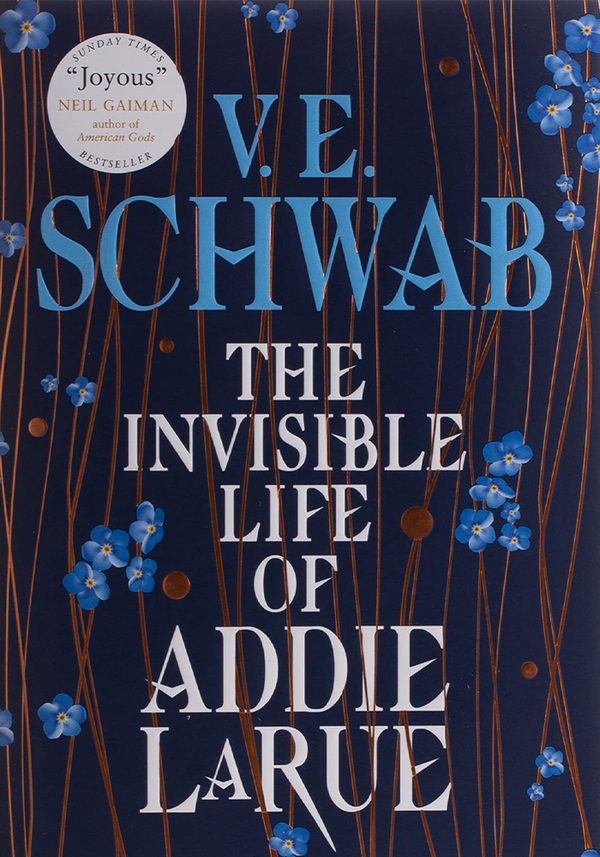
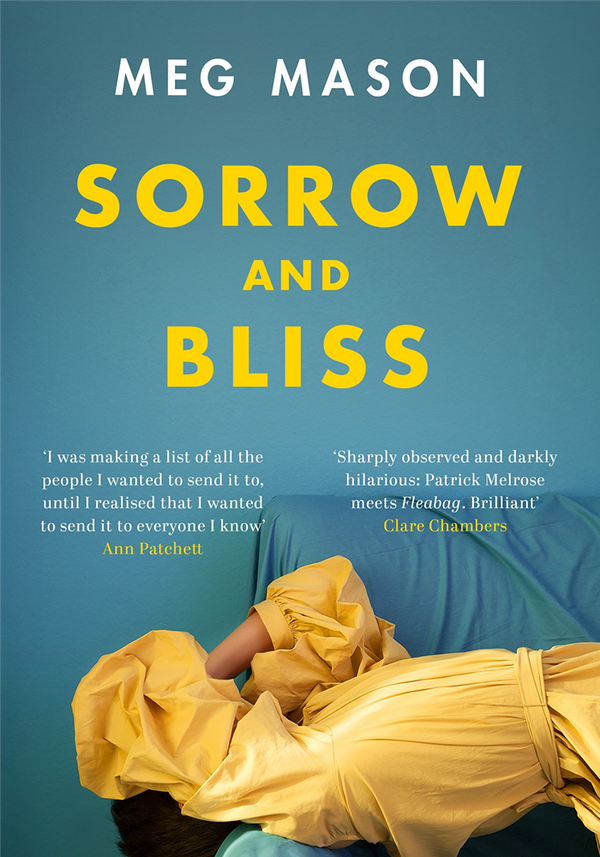
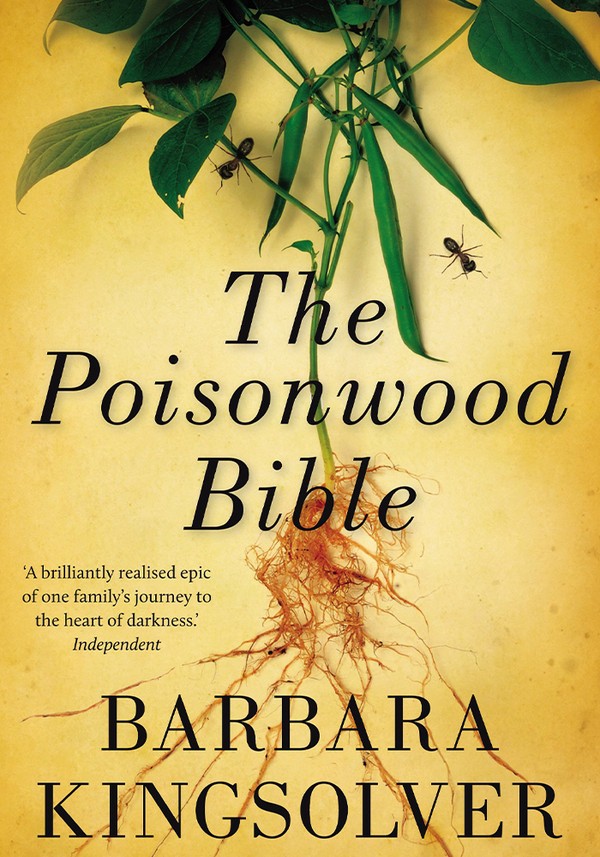
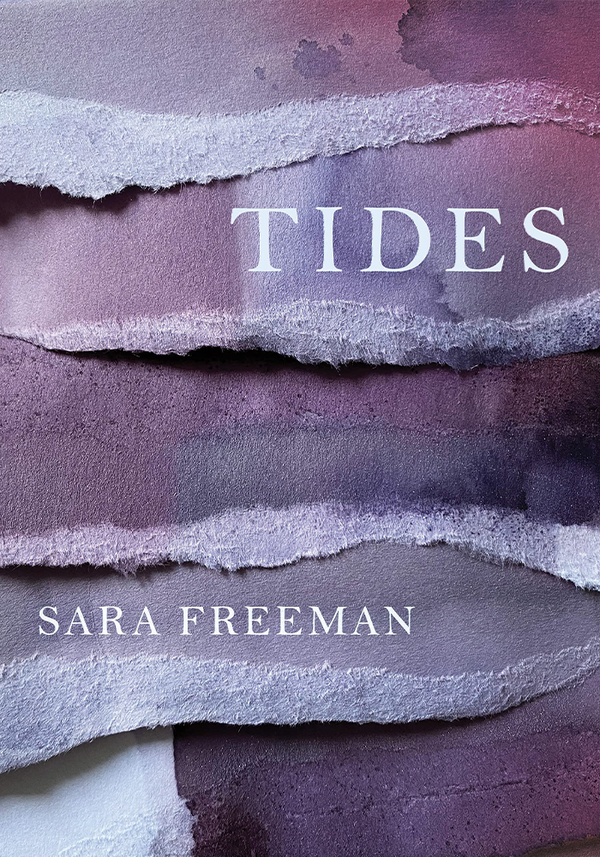
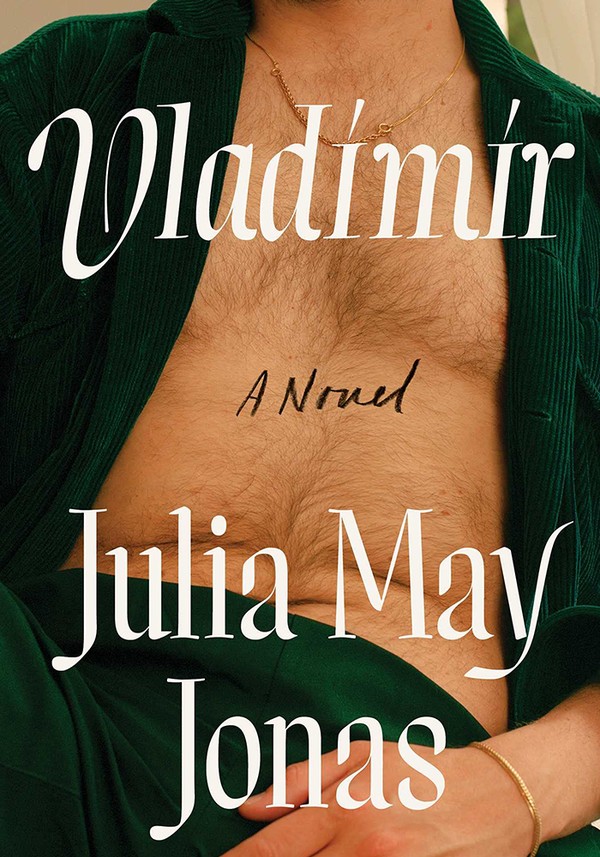
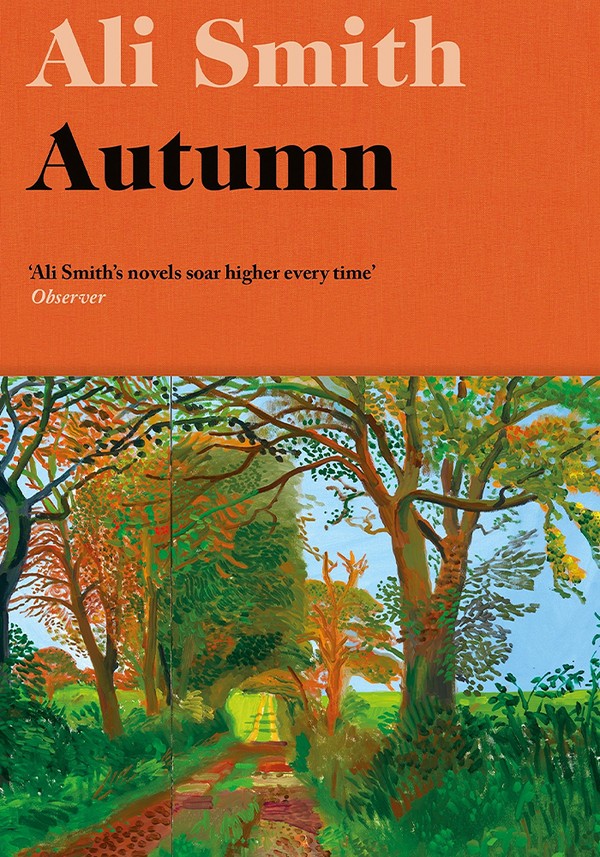
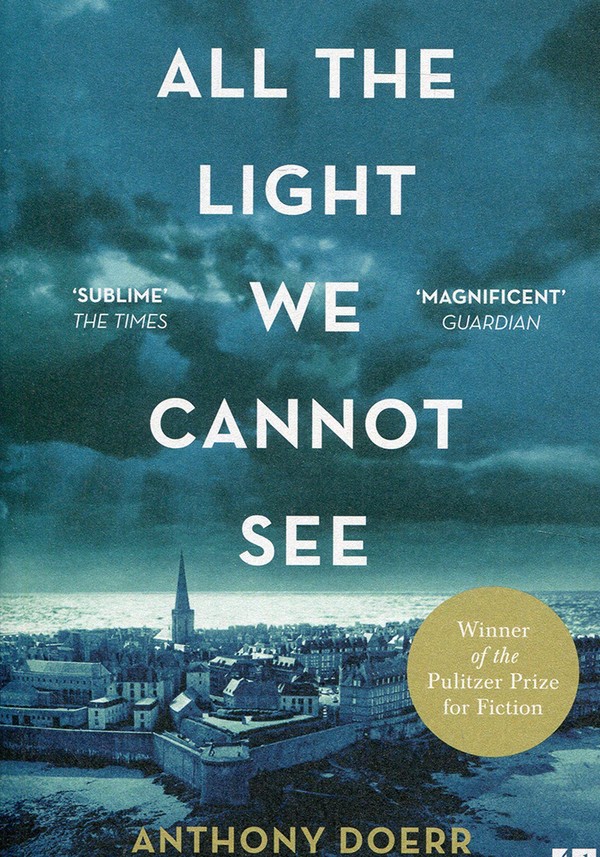
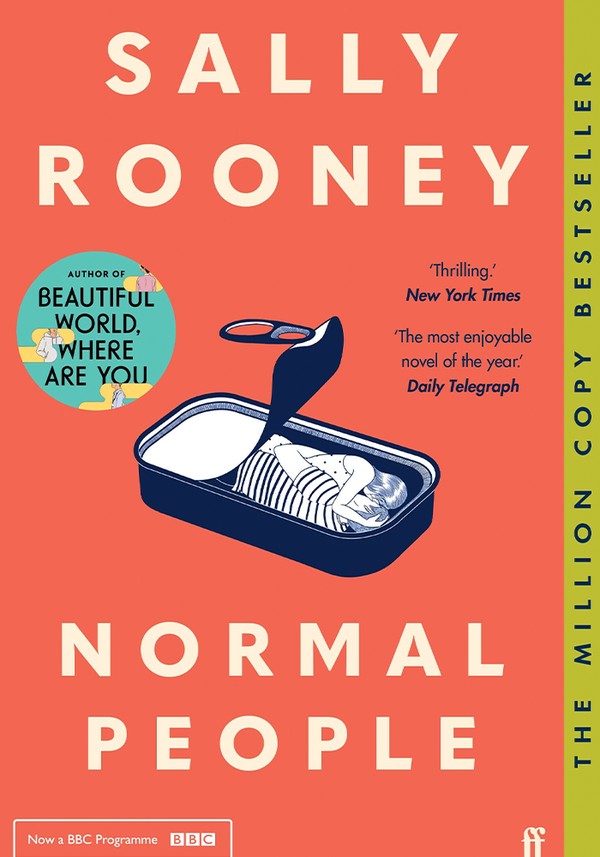
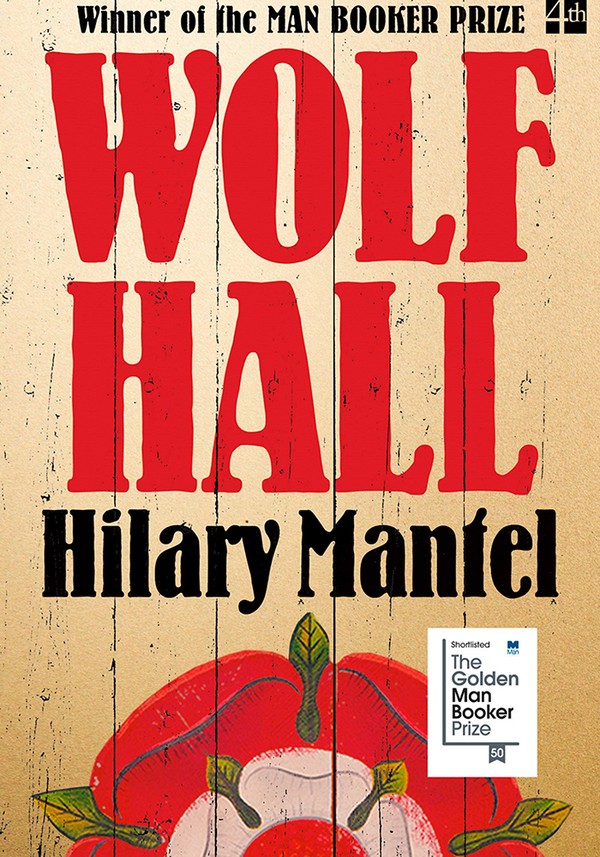
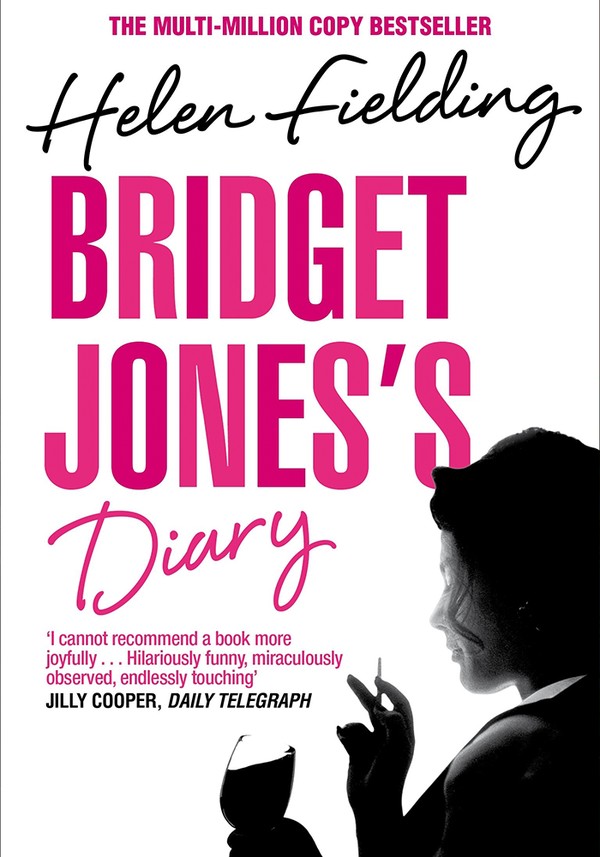
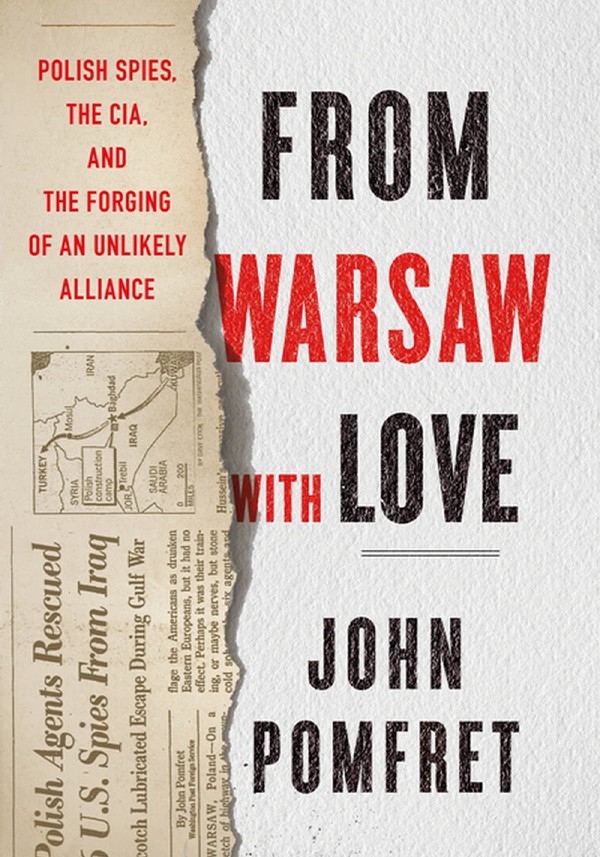
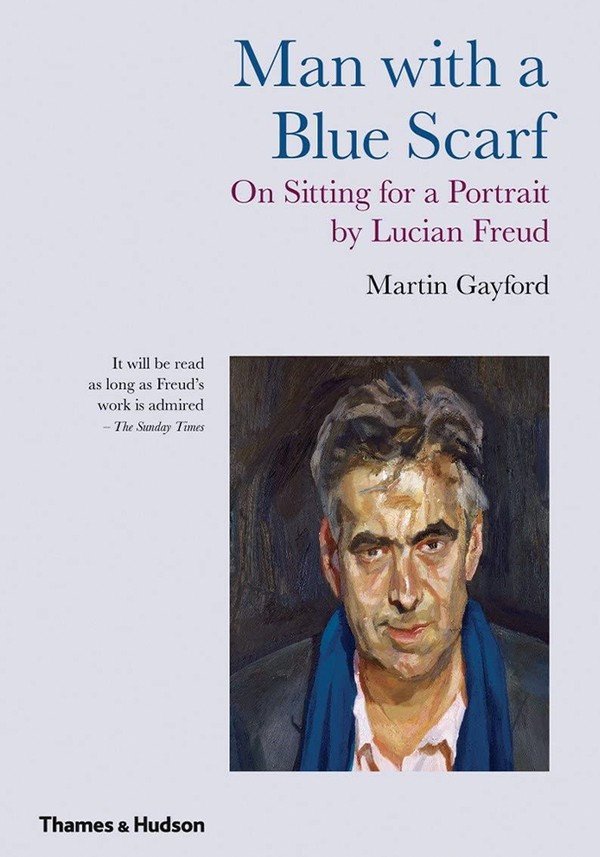
The Paper Palace by Miranda Cowley Heller is available in paperback on 28th April.
DISCLAIMER: We endeavour to always credit the correct original source of every image we use. If you think a credit may be incorrect, please contact us at info@sheerluxe.com.
